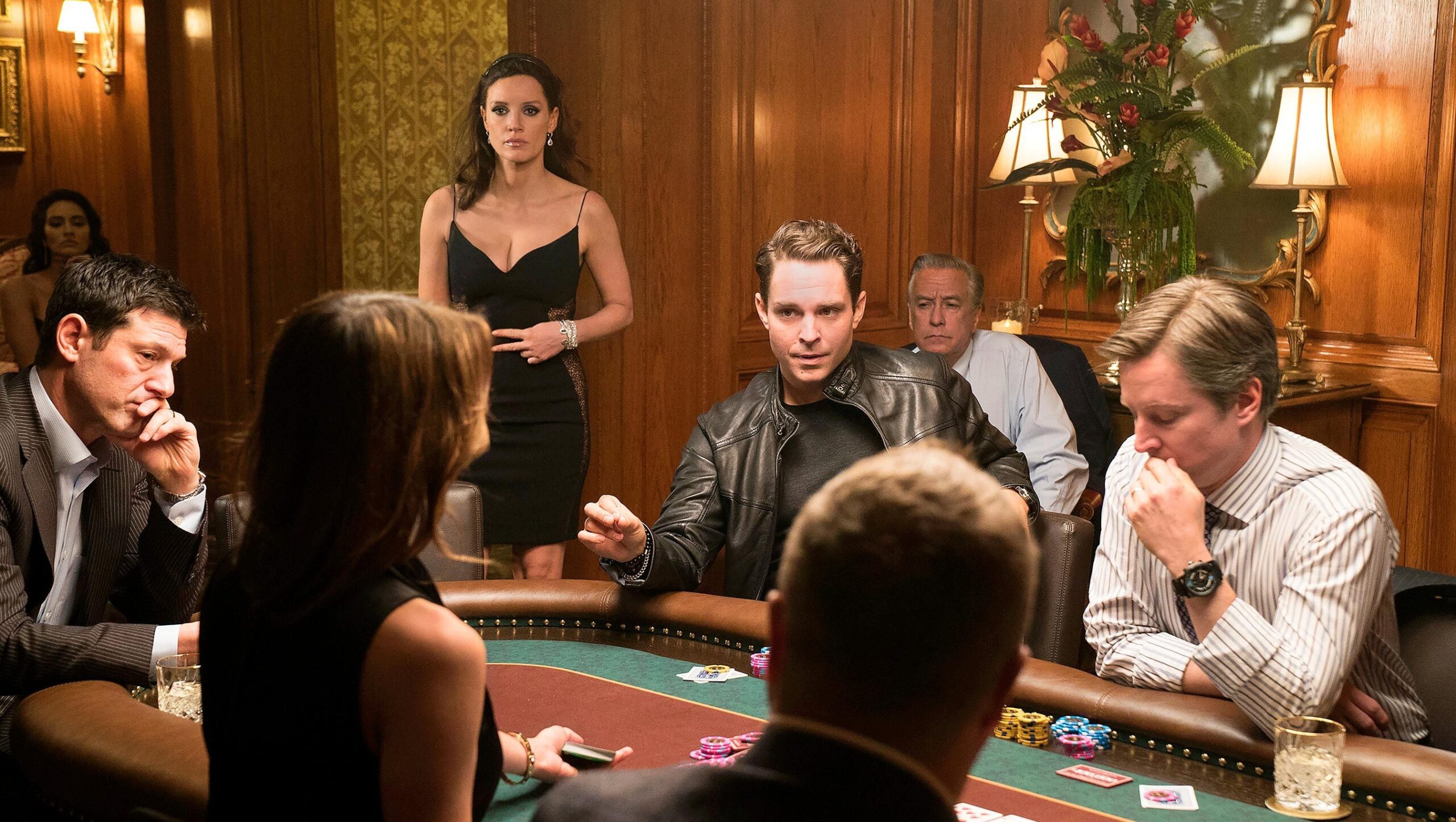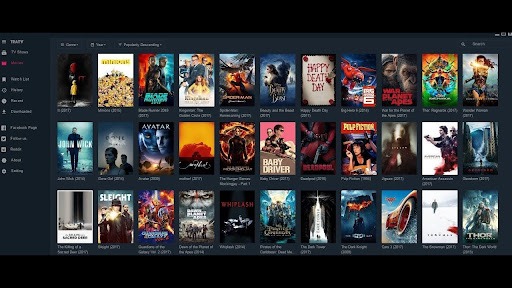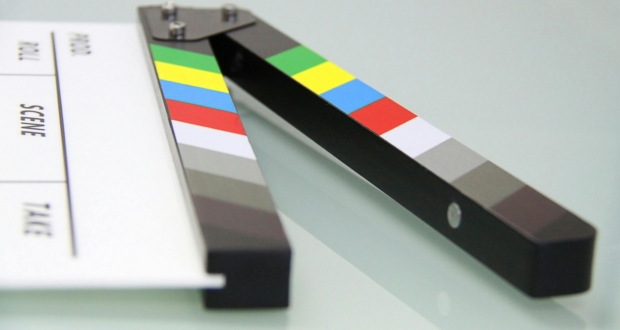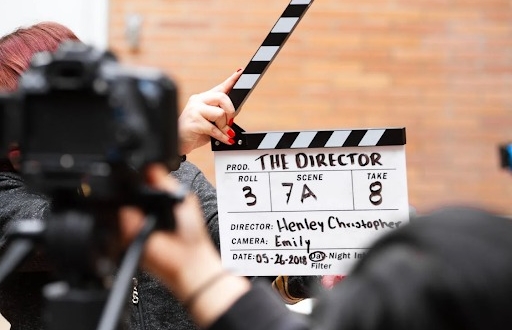Poker has long been a Hollywood favorite. Whether it’s the intense stare-downs, the perfectly timed bluffs, or the dramatic reveal of a winning hand, movies make the game look thrilling and effortless. But can you actually learn how to play poker just by watching these cinematic moments? The answer is a mix of yes and no. While movies can introduce the basics and the psychological aspects of the game, they often miss the technical nuances that separate amateurs from skilled players.
The Illusion of the Perfect Bluff
One of the biggest misconceptions movies create is that a well-executed bluff is the key to winning. Hollywood loves the idea of an underdog with a weak hand outsmarting a seasoned pro by sheer confidence. While bluffing is an important element of poker, it’s far from the dominant strategy. In real-life games, frequent bluffing can backfire, especially against experienced players who know how to read betting patterns and probability. Unlike the way movies depict it, winning consistently at poker requires a deep understanding of odds, position, and bankroll management.
Poker Tells: Reality vs. Movie Magic
Another area where films mislead viewers is in the concept of tells—physical or verbal cues that supposedly give away a player’s hand. In the movies, a twitch of the eye or a nervous gulp is all it takes for an expert to determine if their opponent is bluffing. While tells do exist in real poker, they are far more subtle and unreliable than Hollywood suggests. Many professional players wear sunglasses or maintain a stone-cold demeanor to minimize any readable reactions. Instead of focusing on body language alone, skilled players rely more on betting habits and game flow to make their decisions.
In high-stakes games, players are often more concerned with identifying betting patterns than watching for exaggerated facial expressions. A sudden shift in bet sizing or a deviation from an opponent’s usual strategy is often a bigger clue than a raised eyebrow or a shaky hand. The best poker players learn to recognize trends over time rather than relying on one-off observations.
Strategy and Skill vs. Pure Luck
Hollywood often portrays poker as a game of luck, where a last-minute miracle card decides everything. In reality, while chance plays a role in short-term outcomes, long-term success in poker is built on skill. Professionals spend years mastering probability, psychology, and mathematical decision-making. Real poker players track statistics, study their opponents, and make calculated risks based on probabilities rather than gut feelings.
We asked Texas gambling experts, PlayTexas, what advice they had for learning poker strategy. They told us that “understanding the fundamentals of pot odds and expected value can make a significant difference in how you approach the game.” This level of analysis is rarely captured in film, where the focus is more on entertainment than education.
Another key skill that separates professionals from casual players is bankroll management. Unlike in movies, where characters go “all in” on a dramatic hand, experienced players carefully manage their funds to avoid unnecessary risks. Bankroll management ensures they can handle losing streaks without going broke, allowing them to stay in the game long enough for their skill to overcome short-term luck.
How Real Poker Players Improve Their Game
If movies aren’t the best teachers, what is? Serious poker players use a combination of books, online courses, and real-world practice to develop their skills. Watching professional games—rather than scripted films—can also be a valuable learning tool. Sites that stream major tournaments allow viewers to see actual strategies in play, complete with expert commentary breaking down each decision.
Beyond just watching poker games, many aspiring players use hand analysis software to review their own gameplay. These tools allow them to track mistakes, spot patterns, and refine their strategy. Poker is as much about discipline and consistency as it is about skill. Players who put in the effort to analyze and adjust their gameplay are far more likely to succeed in the long run.
Another effective way to improve is by participating in online poker forums. These communities bring together experienced and beginner players who discuss hand strategies, share insights and debate the best approaches to different situations. The ability to learn from others’ experiences can accelerate a player’s growth far beyond what movies or even personal practice alone can offer.
The Best Way to Experience Poker Beyond the Screen
For those inspired by Hollywood’s glamorous depiction of poker, the best way to learn isn’t through movies but by playing. That doesn’t mean you shouldn’t watch the best poker movies—after all, they can be a great source of entertainment and even offer glimpses into poker strategy, psychology, and high-stakes decision-making. Watching skilled players bluff their way through tense hands or calculate odds on the fly can help reinforce key concepts.
However, real learning happens when you put those ideas into practice, whether through free poker apps, low-stakes online games, or friendly home games where you can refine your skills without significant financial risk.




















